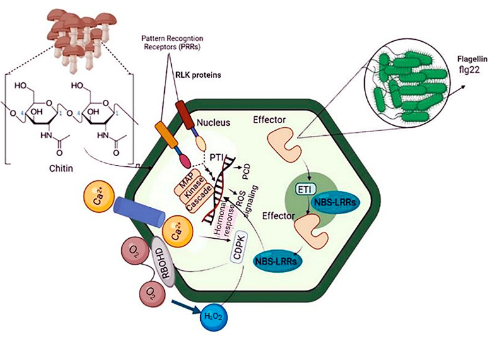New York: Scientists at the Icahn School of Medicine at Mount Sinai have developed a lipid nanoparticle system capable of delivering messenger RNA (mRNA) to the brain via intravenous injection. This breakthrough tackles a major challenge in neuroscience, overcoming the blood-brain barrier, which has long restricted drug delivery to the brain.
The study, conducted on mouse models and isolated human brain tissue, was published in the February 17 online issue of Nature Materials [10.1038/s41563-024-02114-5]. Researchers believe this innovation could pave the way for future treatments for Alzheimer’s disease, amyotrophic lateral sclerosis (ALS), brain cancer, and drug addiction.
The blood-brain barrier acts as a natural defense mechanism, preventing many substances—including therapeutic agents—from reaching the brain. While previous research at Mount Sinai introduced a method for transporting large biomolecules into the central nervous system, this study explores a new approach: using specially engineered lipid nanoparticles to transport mRNA across the barrier.
By enabling mRNA delivery to the brain, scientists can program brain cells to produce therapeutic proteins, potentially treating or preventing diseases by replacing missing proteins, reducing harmful ones, or activating the body’s natural defenses.
To enhance delivery efficiency, researchers designed and tested a library of lipids, identifying a lead formulation, MK16 BLNP. This formulation showed significantly higher mRNA delivery efficiency than existing FDA-approved lipid nanoparticles.
The BLNP system utilizes natural transport mechanisms within the blood-brain barrier, including caveolae- and γ-secretase-mediated transcytosis, to move nanoparticles across.
In mouse models of disease, the BLNP platform successfully delivered therapeutic mRNAs to the brain, demonstrating its potential for clinical application in treating neurological disorders.








